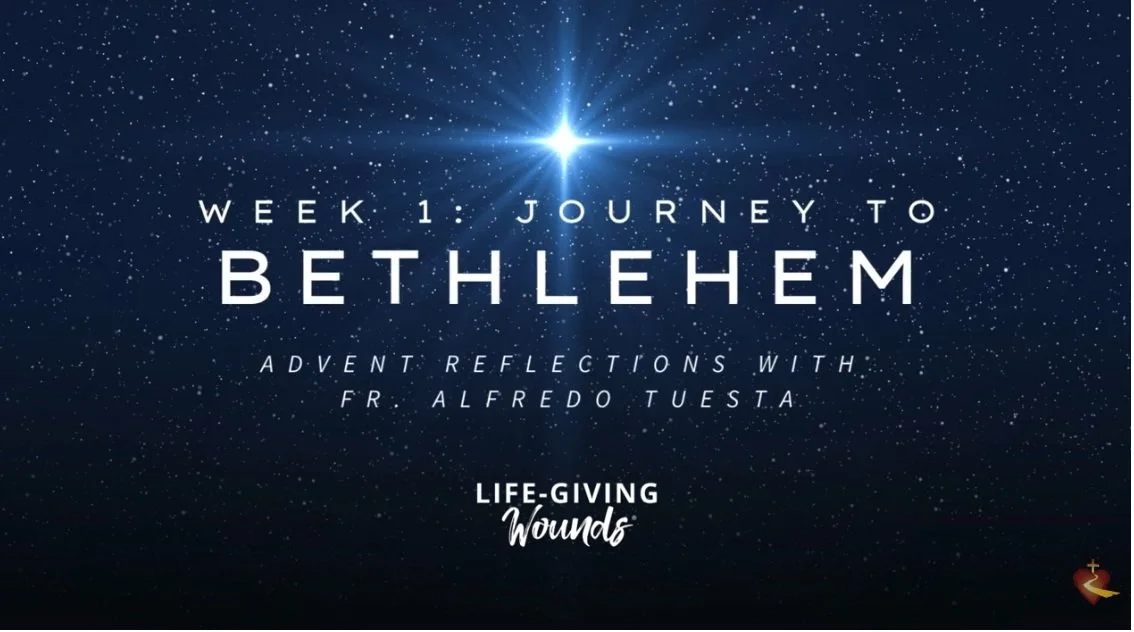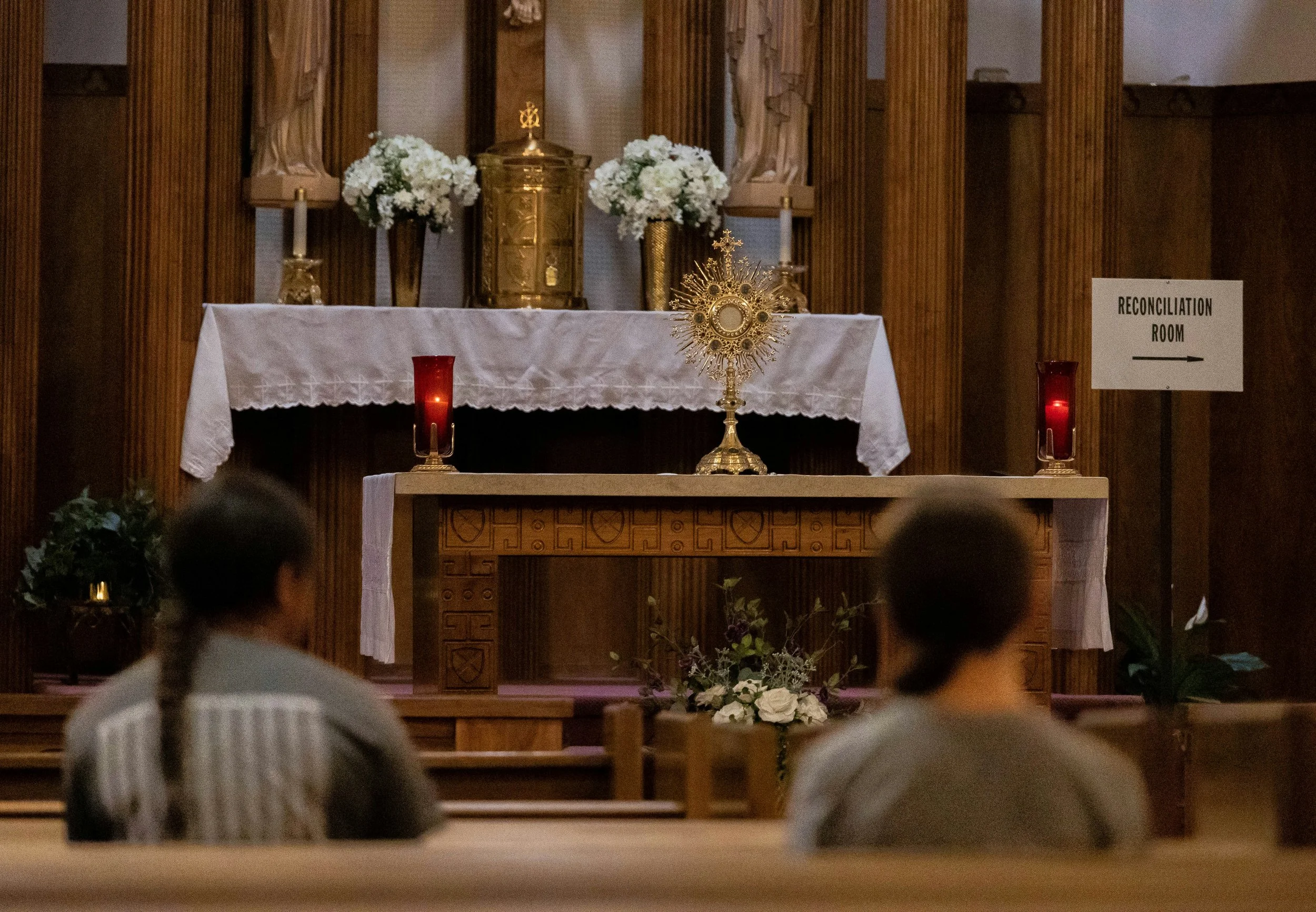
Life-Giving Wounds Blog
Poetry | Art | Music | Blog Search Index
Welcome to the Life-Giving Wounds blog!
Our blog annually releases 30+ posts. We already feature 170+ posts from 60+ authors, who are adult children of divorce themselves, experts in psychology or healing, or both, writing from the Catholic perspective as an expression of their journey of faith and healing. We invite you to browse our library or, if you’re looking for something specific, hop over to our index page where you can find a complete list of categories, tags, and authors. The index also has a search function and a complete list of blog posts arranged chronologically.
Want to get the latest blog post in your email inbox? Sign up for our newsletter (and choose "blog posts" from among the newsletter options) and you will automatically get it.
P.S. Want to write for us? Drop us a line!
FEATURED
LATEST BLOGS
Music Review: “Wouldn’t it be Good?” – An ACOD Anthem
When I first heard Nik Kershaw’s “Wouldn’t it be Good?,” in 1984, the song gave a voice to my silent struggles: that year my parents separated—for good. ... Many of the lyrics are statements of “Fight, Flight, or Freeze”—basic survival responses that our primitive brains developed to deal with life-threatening situations.
Advent 2025: First Sunday of Advent Reflection
The flood of emotions—the fear, the anxiety, the distrust, the silence, the ache of not belonging, everything—can feel like reason enough to build walls around our hearts. These walls may be built of self-protection, hardness, or numbness. But, these walls do more than just shield us from those who may have caused harm. They harden our hearts and shut out our Lord and Savior, Jesus Christ, who wants nothing more than to enter in, heal, and be one with us.
A Birthday Letter to Myself
This year, on my own birthday, I was inspired to write such a letter to myself! The past year has been one of immense suffering as well as immense growth. The two so often go hand in hand. I have written letters to myself before, mostly to my younger self. This was a new journaling endeavor, and one I found to be quite powerful. I wanted to share this letter with the LGW community in the hopes that someone else might be encouraged by parts of my own story or perhaps even be inspired to write such a letter to their own self.
Ministering to Teens with Divorced Parents: Some Unique Challenges and Guidance
There are some unique challenges when it comes to ministering to teens from broken homes. Of course, any ongoing situations of abuse or harm must be reported to appropriate authorities—make sure your church or group has mandatory reporting and training in place to keep minors safe! However, there are many layers of the divorce wound that may not be the kind of thing you can or should report to Child Protective Services (CPS). In these cases, awareness and practical pastoral guidance for these teens is best. Below, I want to outline some of the unique challenges faced by teen children of divorce or separation (TCODs):
Institute on Religious Life’s InnerView with Dr. Jill Verschaetse
Two key things to remember in working with candidates who are children of divorce are to avoid the extremes and to discern each situation individually. Communities should neither overly fear the effects of divorce on potential members nor gloss over this fact and fail to see the lasting impact it can have (despite the possibility of the person themselves being unaware of its effects). It is often the case that the repercussions of divorce do not surface until young adulthood or the beginning of more intimate relationships. Hence, younger candidates are often able to present well if these issues have not yet manifested. Nevertheless, simply being a child of divorce should not disqualify one from a vocation to the religious life. Rather, each situation should be discerned individually with an eye to the person's understanding of the effect it has had on them personally, their prior healing work, their present manner of being in close relationships, and their openness to further healing efforts should issues arise in the future.
Utilizing the Temperaments for Adult Children of Divorce (ACODs)
In addition to this invaluable spiritual support, we need to shore up strengths and acquire new skills to heighten and expand our ability to love. Understanding our temperament can help us do this. This is not a theory of fixed personality traits identifying unchanging characteristics that put people in a box. Rather, understanding temperament helps us identify our strong and weak tendencies to react in certain ways in certain situations.
“In my deepest wounds, I saw Your Glory, and it dazzled me.” - Saint Augustine
I was at a crossroads. My heart ached for this love to be true, I wanted so badly to believe it was for me, but I was so scared what that might mean. How silly! My life had changed 180 degrees over those 7 years, so what the heck was I waiting for? What was I scared of? I was scared that God would change his mind, like I thought love did when my parents divorced when I just a baby...
Eternal Father, Strong to Save: A Reflection on Annulments
One of the most common requests we receive in Life-Giving Wounds ministry is that we speak more to the issue of annulments. Even though this would be a great topic for a support group meeting (and may well be addressed in that format in the future), I thought I’d share my own thoughts on the matter. In this post, I hope to provide a few pointers and some encouragement.
Building a Strong Marriage as a Child of Divorce
The year we got married, Dan’s parents completed their divorce proceedings, which had begun more than a decade earlier when they separated while he was in middle school. It felt ironic and deeply sad that we were beginning our life together as his parents were definitively ending theirs. And it caused some anxiety in us: Could we make it work? Would we last?
Reflections on the Denver Retreat
All of us at Life-Giving Wounds were thrilled to launch a chapter in Denver this May! We held a three-day retreat high in the Rocky Mountains May 7-9, with thirty-seven retreatants and a fabulous team of ten from Denver and four of us on the traveling retreat team, from the DC area.
Here are five of my personal takeaways from the retreat weekend:
How Fear of Abandonment Can Affect Your Relationships
Oftentimes adult children of divorce feel abandoned by one parent even if that parent was still active in their lives. These feelings of abandonment, or the experience of actually being abandoned, stay with us. ... Each incident reinforces for us what we already think about ourselves: People will always leave us, and we are unlovable.
3 Reasons Why Adult Children of Divorce Need Eucharistic Adoration
As an adult child of divorce myself, I have received much-needed healing in front of Jesus in Eucharistic Adoration, and many people I have met through the Life-Giving Wounds ministry have shared the same experience. Here are just three reasons why adult children of divorce need Eucharistic Adoration.

















